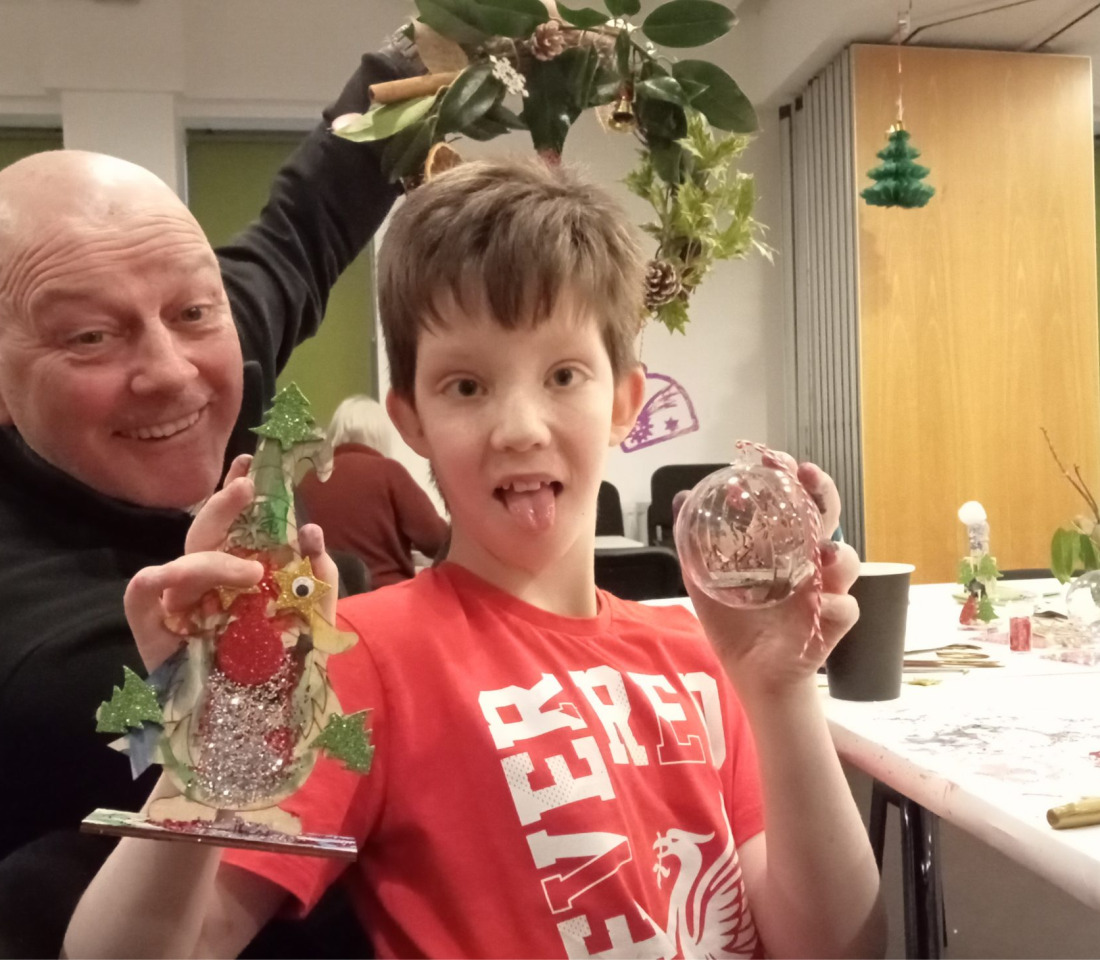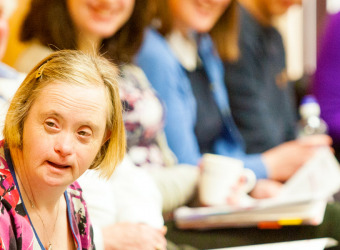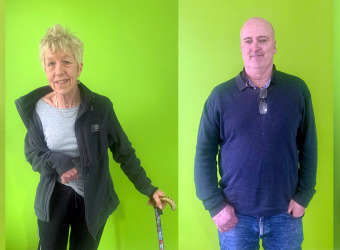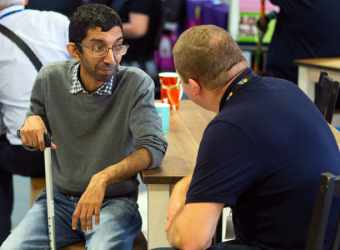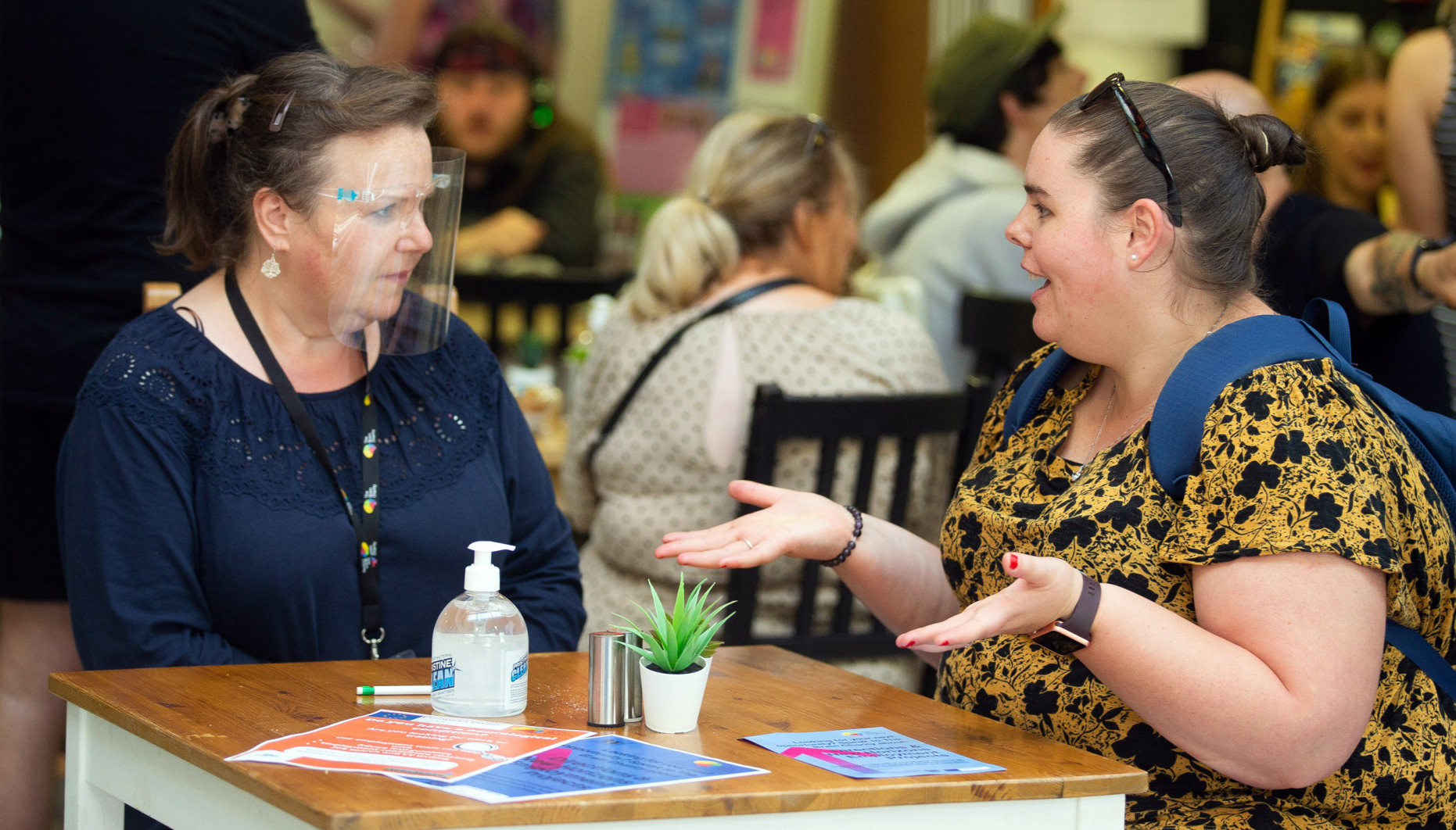
The art of building confidence and 5 ways to raise your self-esteem
Understand where confidence comes from and learn simple ways to improve your self-confidence
Confidence can be defined as being certain of and trusting in your own abilities and plans.
Living with a neurological condition, whether it is a condition from birth or a diagnosis which has happened later in life, can bring about many challenges. People may be told what they can’t do and reminded of their limitations.
Although this may be unintentional, this can limit how someone feels about themselves, their confidence and their self-esteem.
Here, The Brain Charity’s confidence coach Mandy, who works within our employment team to support people with neurological conditions towards jobs, training and work experience, shares 5 simple ways you can improve your self-confidence.
How confidence works and why it’s important
It is perfectly natural for all of us at some time or another to feel a lack of confidence or self-esteem in different areas of our life at different times.
For some, low confidence can be occasional but for others it can be everyday, limiting us from fulfilling our true potential.
When coaching a client to develop confidence in order to return to employment, it is important I support and empower them. People who are supported feel empowered to help themselves.
Confidence is about accepting yourself and is built when a person does something for themselves.
Accept your limitations
Trusting and accepting yourself is not only recognising what you are good, at but accepting and feeling confident with your limitations and challenges, knowing we can learn.
The biggest hurdle many face is acceptance of having a neurological condition, but accepting your journey and redefining your strengths is part of the confidence-building process.
Are confidence and self-esteem the same? How to change your mindset
Mindset plays an important part in confidence building.

Our self-doubt, self-talk and self-belief all contribute to our frame of mind. We need to be aware of our inner critic, the voice in our head making negative comments such as, ‘I’m not good enough’ or ‘I’ll probably fail.’
If we continue to listen to this inner critic, our confidence is affected so we need to say stop. The voice of the inner critic may sound and feel real, but it is important to remember it is just a thought.
Once we have this knowledge we can stop believing and engaging in them, telling ourselves it is not true or helpful and with this our negative thoughts lose their power.
This is the key to changing your mindset. Remember you weren’t born thinking you’re not good enough or not liking yourself, someone or something made you feel that way.
How to build self-confidence: be kind to yourself
Be kind to yourself and practice self-compassion – be less critical of yourself.
Focus on the things you do well and have achieved as being competent helps build confidence. Write a list of things you are good at and what you like about yourself.
Stop comparing yourself to others and worrying what others think. It is a waste of time and energy. You cannot control how others think so invest your energy in you, after all you deserve it!
Do something that scares you!
Step out of your comfort zone and overcome fear of failure which, as you build your confidence, you will feel more comfortable to do.
Don’t forget – Rome wasn’t built in a day
Think of building confidence as work in progress, it won’t happen overnight. Changing behaviour takes time.
Ease the pressure off yourself and set realistic expectations. I often say to my clients, ‘remember; Rome wasn’t built in a day’.
In other words, great work takes time – so trusting and accepting yourself takes time.
Categories: Advice, Employment, Guest blogs
Published: 20 May 2022


